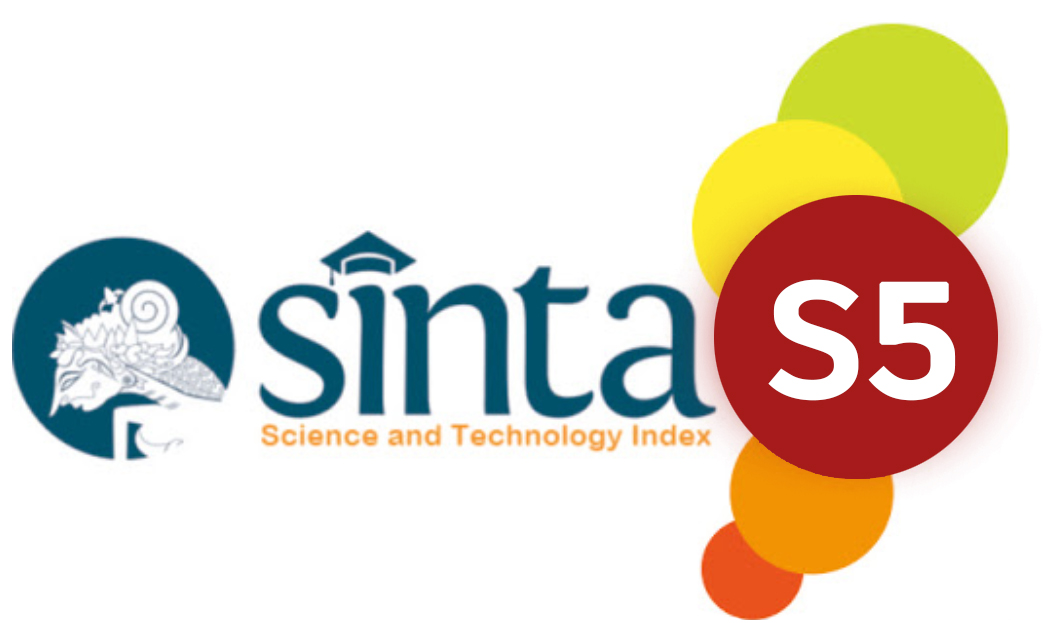Minimum Concentration of Stingless Bee Propolis (Trigona sp.) in Inhibiting the Growth of Dandruff Bacteria
Abstract
Lack of confidence in men and women, one of which is when there is dandruff on the hair and scalp. Hair loss is a further symptom of the presence of white scales on the scalp that cause itching. The presence of excessive microorganisms can aggravate this dandruff. Ingredients such as ketocanozole, zinc pyrithione, selenium sulfide and sulfur are compounds commonly used in shampoo formulas. Propolis is an alternative natural ingredient to treat dandruff. The purpose of this study was to determine the minimum growth inhibitory concentration (MIC) of propolis against dandruff-causing bacteria. Dandruff-causing microbes were isolated from dandruff hair and with the well method in a petri dish, the minimum growth inhibitory concentration of propolis was determined. The microbial colonies produced were very diverse with a round shape like grapes, yellowish white in color. The concentration of 6.25% is the MIC value of propolis extract against dandruff microbes. The effectiveness values against ketoconazole and propolis X from the tested propolis extract were 223.52% and 99.59%, respectively.
Keywords: hair loss, dandruff, propolis, bacteria , Trigona
Copyright (c) 2021 Akhmad Endang Zainal Hasan, I Made Artika, Erlank Bagjavicenna

This work is licensed under a Creative Commons Attribution-ShareAlike 4.0 International License.









